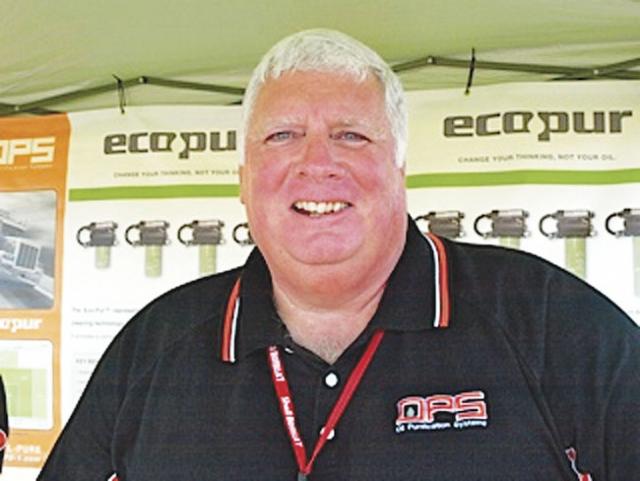Understanding Oil Contaminants April

“Oil is cheap, compared to engine replacements”. “My father and grandfather always changed their oil every 10,000 miles”. “My mechanic has been in the business for 30 years and he says the OEM filters are all I need”. “Oil sampling is a waste of my money”. “Bypass filters are nothing more than a roll of toilet paper in a tube”. “Oil can’t possibly last over 100,000 miles”. These are just a few of the oil myths I hear when I explain how a good oil maintenance program should include a quality Bypass or On- Board Oil Refining System and periodic oil sampling.
These myths may have some validity to some people who live in the past when engines did not have the tighter tolerances and were not subject to the additional stress of EGR systems and twin turbo chargers that are being used today.
The newer engines have tolerances that keep engines tighter and able to go over 1,000,000 miles before requiring rebuilding if oil is properly cleaned removing the small particles, that get trapped between the moving parts and wear them down. The OEM filters are designed to filter particles over 40 microns in most engines. They do not filter the particles under 10-20 microns that cause the majority of the wear as they become trapped between piston rings and cylinder walls or bearing and shafts.
I am fairly certain engines built back when your grandfather and father bought their first trucks the engines were not subject to the stresses of the EGR systems that add soot and debris back in to the oil that must be removed to prevent wear damage. The newer oils while no long “cheap” have been formulated to keep these particles in suspension but they do not prevent them from grinding away at moving parts. Couple this with the additional heat generated by the turbo chargers used today and you can only benefit by utilizing the additional filtration of a Bypass or On Board Oil Refining System.
Changing your oil on a periodic cycle i.e. every 10- 15000 miles subjects your engine to function in a cycle of clean oil that becomes contaminated overtime slowly damaging your engine only to start again when you change oil. If your selected interval passes the point whereby the oil is no longer effective you subject the engine to additional pitting by acids, wear by particulates and failure from loss of oil pressure. If you change the oil too frequently you waste $$S on oil. It is much better to keep the oil clean and free of particulates and acids, allowing your engine to run with clean oil all the time. The Bypass and On-Board Oil Refining Systems on the market today have proven that over time your engine will last longer if filter out the damage causing particulates and control acid formation.
As I stated above the oil myths may have some validity but ask yourself this? How often did engines require rebuilding when oil was cheap and oil was changed instead of being cleaned continuously? What tolerances did engines have when my mechanic started 30 years ago and what benefit would he have in my engine running the clean-contaminated-clean cycle compared to running with clean oil continuously? When I dump my oil without sampling how do I know if my engine has antifreeze or fuel leaking in to my oil or if an engine part is wearing abnormally? Is taking oil samples whether you use a Bypass or On-Board Oil Refining System that identify small problems before they become big costly problems, worth the cost of oil sample?
If you have any questions or topic suggestions for this column email me at : [email protected]
